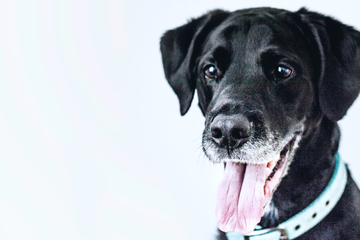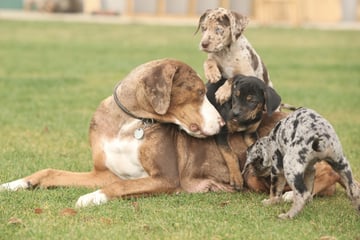Dachshund personality, problems, and history: A pooch portrait
Dachshunds are incredibly cheeky, clever, and cute, conquering people's hearts with their immense popularity and tiny size. TAG24's dog-in-portrait takes a look at Dachshund's history, personality, and problems. Here's everything you need to know.
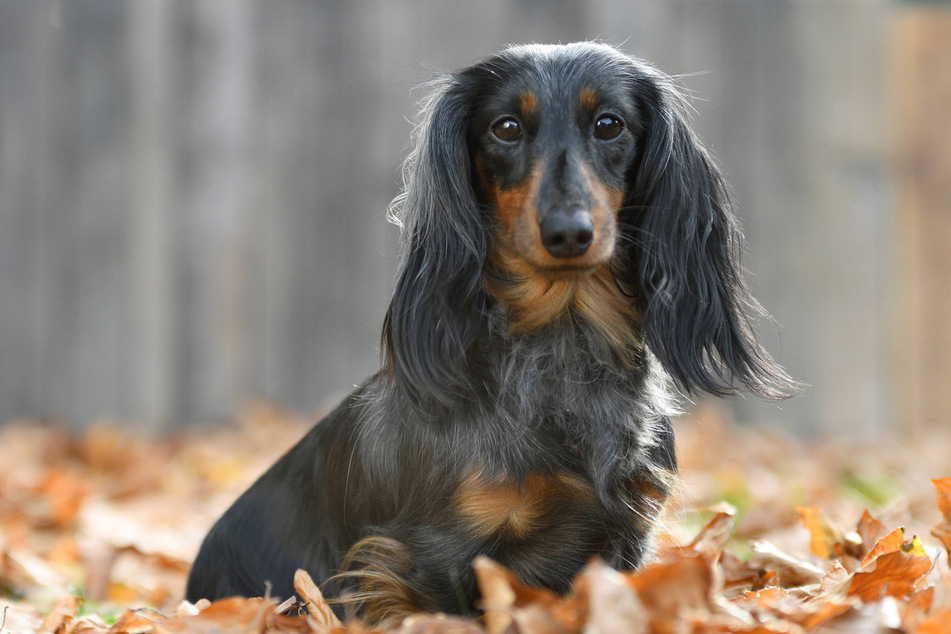
Dachshunds are tiny little buddies worthy of our affection.
Those happy faces, those tiny feet, those floppy ears, what's not to love?
But there's more to these handsome hounds than just the adorable looks. In this dog guide, we take a look at the history of Dachshunds, we look at their personalities and characteristics, and not least of all, their potential health problems.
What do you need to know about the backstory, peculiarities, and challenges of this dog breed?
Let's dive in!
History of Dachshunds
The Dachshund actually has a reasonably long history, with the first ever recorded mentioning of the breed coming from 1879. Less than a decade later, in 1888, the first-ever Dachshund club was founded in Germany.
Dachshunds were originally used exclusively as hunting dogs, their name coming from the German words Dachs and Hund which mean Badger and Dog respectively. These tiny little pooches were ideal for hunting Badgers due to their short legs, which allowed them to penetrate their nests.
Nowadays, though, Dachshunds are the ultimate family dog, far from their hunting roots. They are relatively easy to train and are friendly, fun, and intense. Not to mention cute, just so cute...
What were Dachshunds bred for?
Dachshunds were bred to hunt small rodents that generally live in the ground. As a result, they possess tiny little legs that have been designed to give them the ability to dig into the ground in search of their prey. On top of this, Dachshunds are very smart dogs and have even been used in wartime!
Fun fact: In World War II, many clever little Dachshunds were actually employed to sniff out and dig for unexploded ordinance, and also to find food for hungry soldiers.
Characteristics of a Dachshund
Dachshunds are generally quite small, short dogs that possess a vast assortment of colors, shapes, and personalities. They come in short-hair, long-hair, and rough-hair variants, with their fur generally being red, black, spotted, or brown. Most importantly, they are universally adorable.
Got more questions about Dachshunds? We're here to answer them!
Where are Dachshunds from?
Bred in Germany in the mid-late 19th century, Dachshunds were originally meant to be hunting dogs. Nowadays, though, they are generally family or house dogs found all around the globe, known for their great personalities, adorable looks, and quirkiness.
How big are Dachshunds?
Dachshunds are some of the smallest dogs in the world, generally sitting between 8-10 inches in height. Depending on their specific breed, they will have a chest circumference of between 12 and 14 inches, and a weight that varies between 9 and 20 pounds. In other words, these might be tiny pooches, but they can actually get pretty chunky!
How long do Dachshunds live?
Dachshunds actually live, on average, longer than many other dog breeds, with a life expectancy of 12 to 16 years. They are up there with the oldest dogs in the world, and are up there with some of the dog species most known for living until a ripe old age. Some of these pooches are even old enough to drive!
When is a Dachshund fully grown?
Dachshunds are generally considered fully grown once they are 8-12 months old. That means that many of them actually become an "adult" before they even turn one! These dogs will continue to grow, however, until they are about 2 years old, but will become sexually active at around a year.
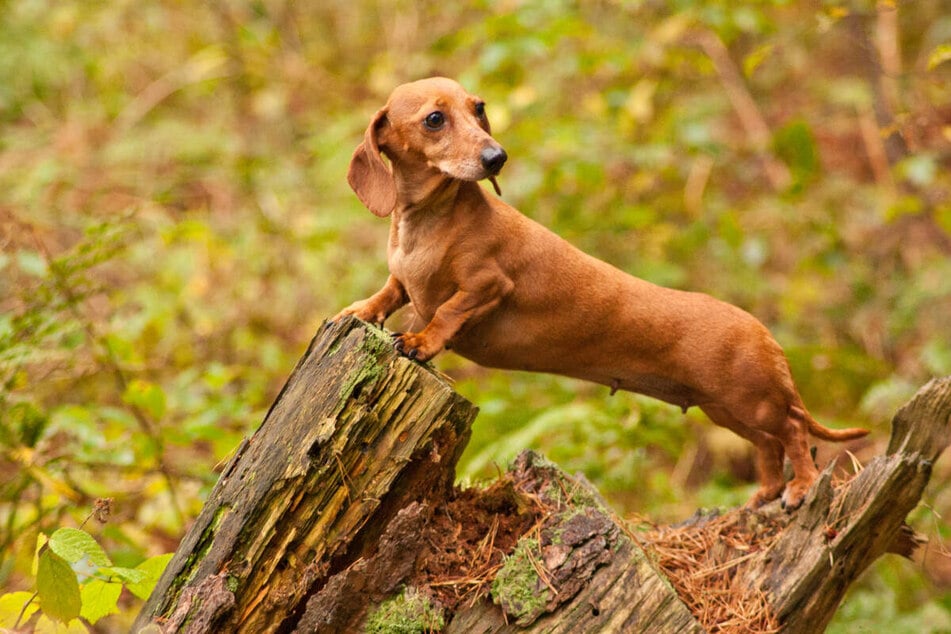
Analyzing the Dachshund personality: What are Dachshunds like?
These are some genuinely special pets, always bravely protecting and looking after their owners despite their small size. They are incredibly sweet, incredibly loyal, incredibly adorable, and incredibly complicated. Dachshunds are intelligent, stubborn, and affectionate – the whole package!
Problems with Dachshunds
The flipside of Dachshunds being brave guard dogs is that they're also extraordinarily possessive. This can lead to a variety of problems, including increased aggression towards unknown people, who they may perceive as being intruders or dangers. As a result, it is a good idea to get them persistent professional dog training.
If you decide to get yourself a second dog, you might be causing yourself a serious problem. The Dachshund will see the new dog as a direct threat to its family. While it will vary between dogs, you need to be aware of their habit towards possessive behavior even when they react positively towards other pooches.
Dachshunds can be very active
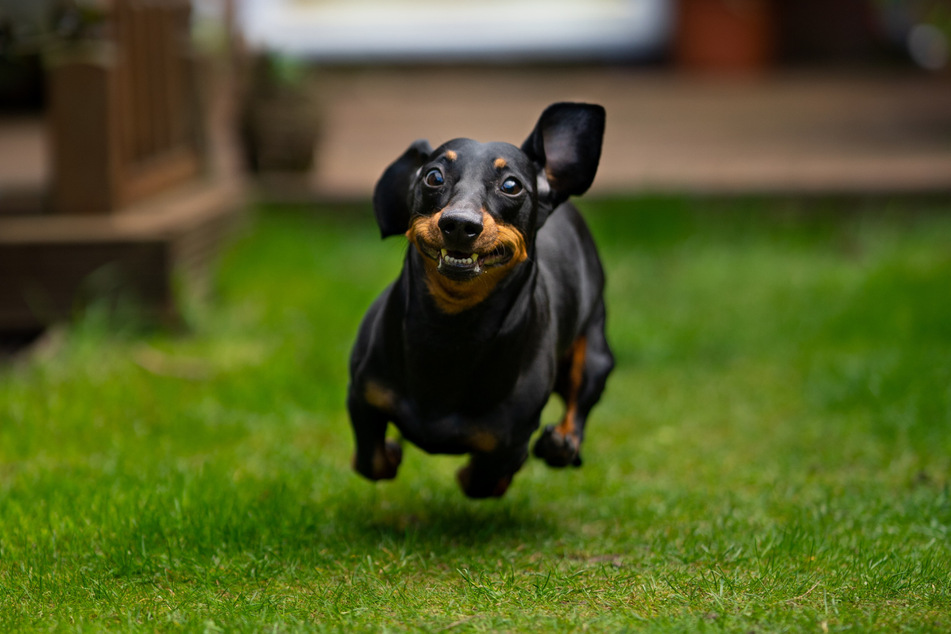
All Dachshunds love to play, unless they are excessively old. These little bundles of energy are always seeking out adventure, especially outside. As a result, agility training is a fantastic idea for these pooches, allowing them to dig, explore, and let off steam.
Despite being so energetic, these four-legged friends are actually pretty quiet if they've been exercised. They will enjoy a good run, and they will enjoy a good snooze, so don't worry that you will be constantly out and about if you get yourself one of these fluffy little beasts.
Warning: You must be careful not to let your Dachshunds over-exert themselves, and should check which activities are okay for them according to your veterinarian. Dachshunds can hurt themselves very easily, so you need to be extra cautious.
Health problems with Dachshunds
Dachshunds are susceptible to a variety of different health issues, due to the fact that they are small, incredibly active, and stubborn at times. On top of this, their short stature causes a variety of muscular and spinal issues that can become particularly pronounced when not treated quickly.
Here are a number of relatively common Dachshund health problems:
- Musculoskeletal conditions: Due to their long bodies and short legs, their skeleton is often weakened quite significantly over the years. A particularly common problem is Intervertebral Disc Disease.
- Dislocations: Again due to their stature, Dachshunds are particularly prone to dislocations. This is especially common in their shoulders and knees.
- Obesity: Dachshunds, like many dogs, have basically no self-control. As a result, if you also have very little self-control, it is very easy for your pooch to become a little bit overweight.
- Blindness and eye issues: Dogs are often susceptible to various eye issues, and can often become blind if not looked at by the vet.
Please keep in mind that this is not an exhaustive list. If you are worried about your Dachshund's health, take your beloved pooch straight to the veterinarian!
How to train a Dachshund
Dachshunds are incredibly pig-headed dogs, so it is incredibly important that you maintain a high level of consistency in your training. Start them off at a young age, and train them to understand that you're the boss, even if they have a rather self-confident personality.
Remember that these doggos are incredibly intelligent and will manipulate their owners if they haven't been trained well enough. That intelligence will be to your benefit, though, if you train them properly. Dachshunds will learn incredibly quickly, so as long as you get them trained by a professional, everything will be a-okay!
Best dog food for Dachshunds
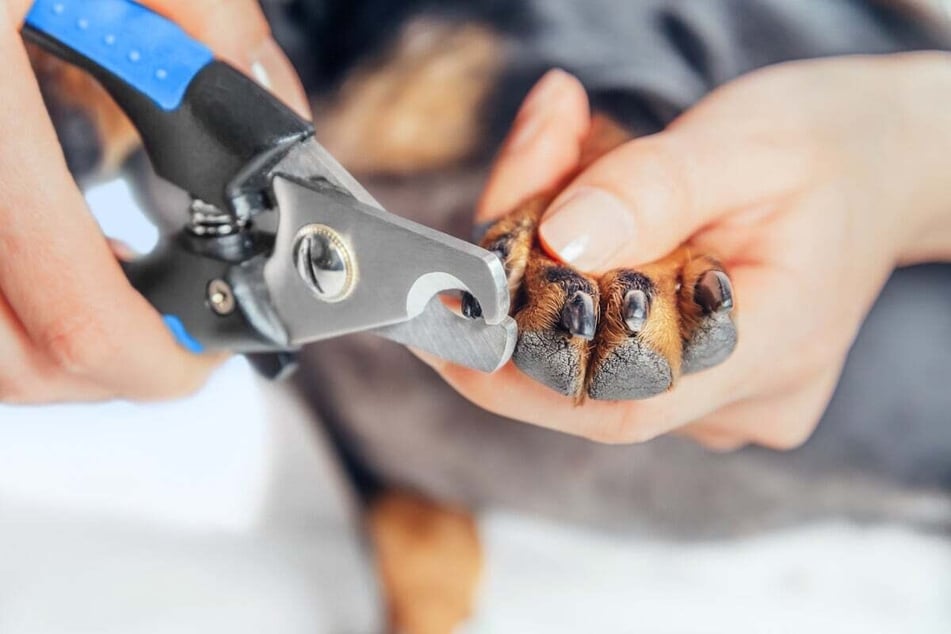
The most important thing when looking after Dachshunds is to pay attention to their diets. Unfortunately, they can very easily end up eating the wrong things and developing obesity, or other diseases such as diabetes. As a result, you need to get them a very healthy diet.
Here is the perfect Dachshund diet:
- Predominantly "organic" wet dog food
- Lower amounts of fat, protein, and calories
- Only two meals a day
- In terms of human food, these are okay:
- Veggies like carrots and broccoli
- Cottage cheese
Keep in mind: It is also vitally important that you keep your Dachshund's nails trimmed, its teeth looked after, and its coat groomed properly.
Is a dachshund right for me?
A Dachshund will be perfect for any dog owner who is looking for a pooch with a strong character, a lot of loyalty, and an insane desire for cuddles. They are not usually good beginner dogs, but with the right training they can even become great for families, as long as the kids don't grab onto them.
If you have a young family, no prior experience with doggos, and can't afford consistent training, then Dachshunds aren't for you. In such a case, there are a variety of other great breeds to choose from!
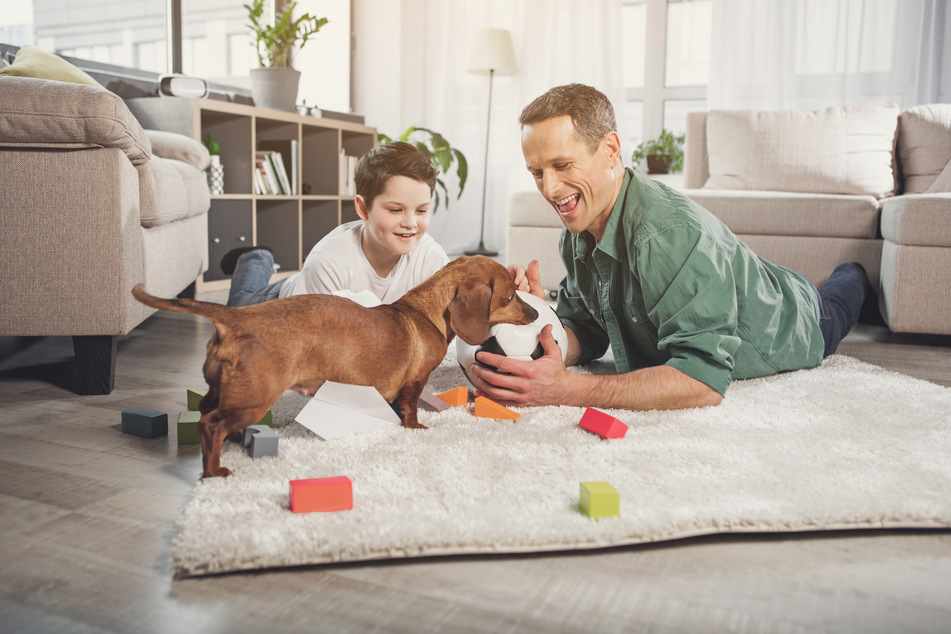
Dachshunds are little bundles of joy!
Dachshunds have a special personality which conquers people's hearts almost as soon as they meet each other. They are not ideal for beginner dog owners, largely due to their possessive personalities, but that doesn't mean that they don't deserve our love and affection.
It's true that you're going to need to have your Dachshund trained, it's true that you're going to need to think carefully about its diet, but it's also true that your doggo will be a faithful and loving companion that will never leave your side.
Cover photo: Imago / Blickwinkel

